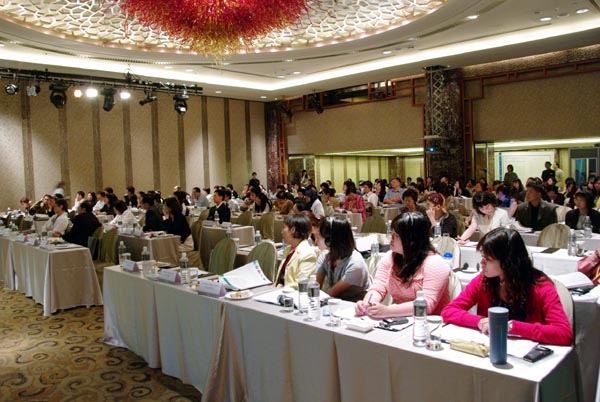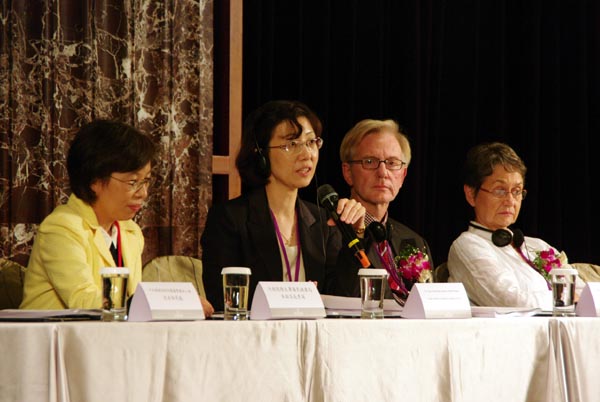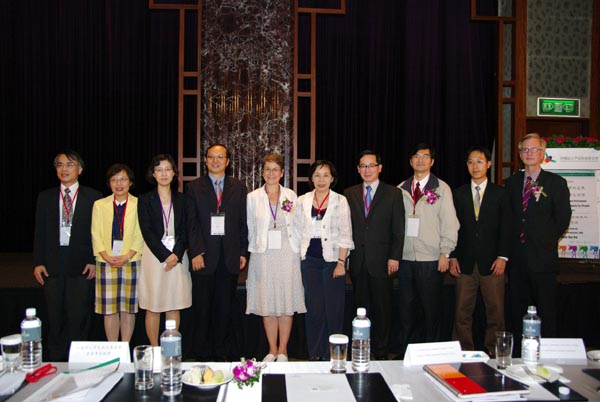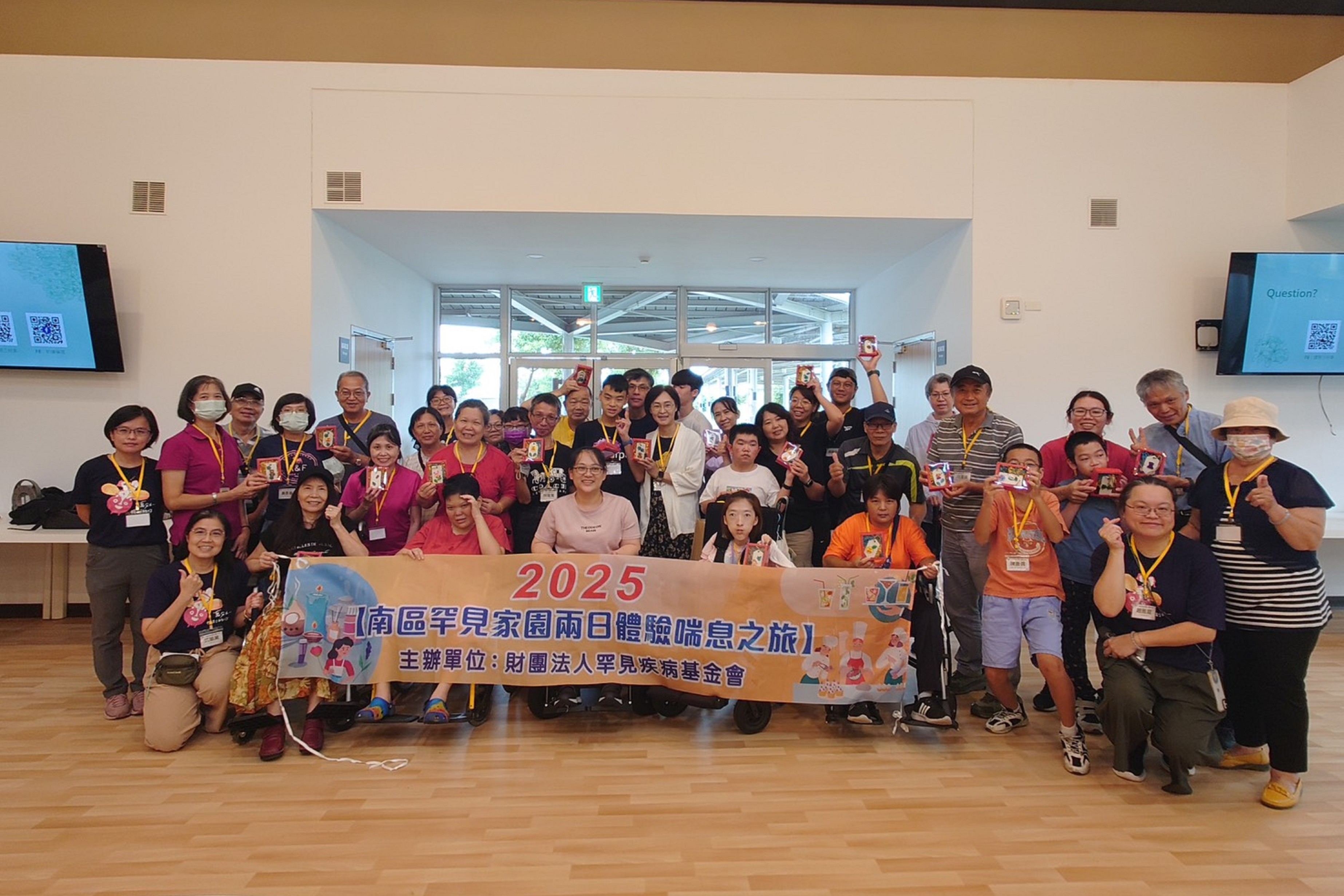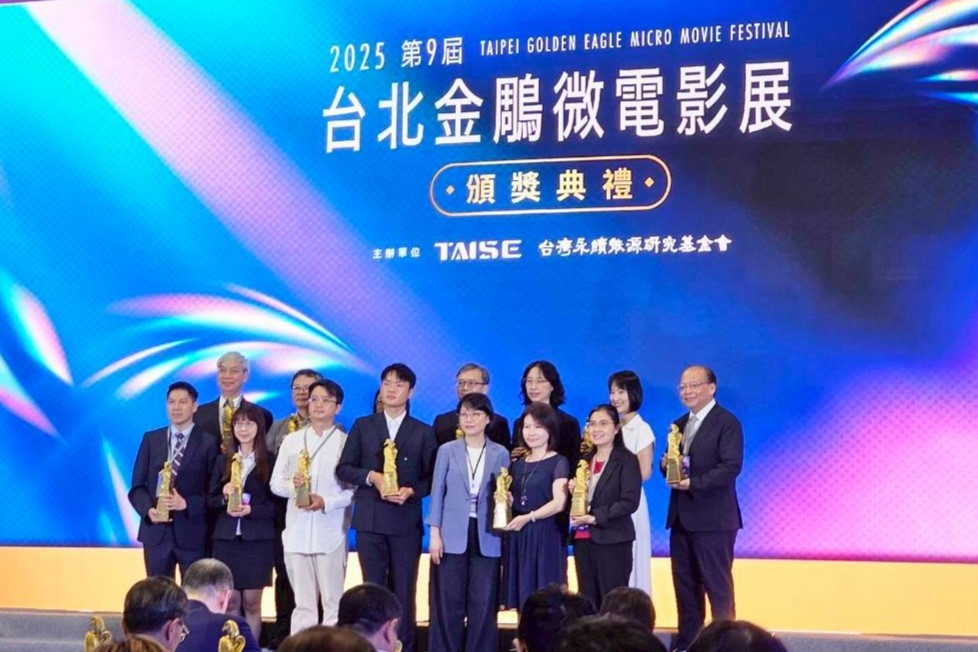News
2009 International Conference in Taiwan
2009 International Conference of National Policies and Actions on Rare Disease Comes to a Completion
In the past ten years, the Taiwan’s push and support for rare disorder treatment, healthcare services and policy amendment in terms of the government, the foundation as well as other ongoing have taken shape. The implementation of Rare Disease Prevention and Orphan Drug Act in 1999 sets strategic directions to ensure rare disease patients’ right such as disorder treatment and reimbursement from National Health Insurance (NIH) Program. An exclusive budget within NHI global budget system for orphan drug use was allocated in 2004. Now, rare diseases are covered in national healthcare, pharmaceutical and other related payments and life protection, demonstrating impressively fruitful results.
This year, the " International Conference of National Policies and Actions on Rare Disease " pertaining to the 10th anniversary of the adoption of Rare Disease Prevention and Orphan Drug Act and the establishment of Taiwan Foundation for Rare Disorder, was to promote the rare disease patient care services and policy development as well as strengthen domestic and international academic exchanges in terms of rare disease knowledge and policy. The conference was taken place on October 12, 2009 at Taipei Sheraton Hotel. Speakers from France, the Netherlands, South Korea, and Taiwan specialize in health and social care and policy relevant disciplines were invited; also invited were representatives from civil society groups and patient groups in order to engage in the substantive work of rare diseases.
The opening of the conference began with a warm welcome by the chairman of the board of TFRD Dr. Yuan-Tsong Chen and Deputy Minister of DOH Dr. Shen-Chwen Chang. In the Conference, speakers and governments commented on rare disease issues such as healthcare, social welfare policy, the status of implementation of policies and the current problems faced by communication. It was evident that the international policy in terms of care of ethnic groups for rare diseases have to be carried out by the government as well as ordinary citizens in order to provide services to the consensus. Furthermore, although the countries focused on different policies and services, the promotion of orphan drug development, construction of a rare disease-related medical information database, enhancement of professional education and training, public advocacy and health education and other topics are of common concern. For example: In view of the scarcity of rare diseases in particularity, in order to accelerate the understanding of rare diseases, the French government actively led the rare disease database construction, while the Netherlands related that academics are encouraged to invest in basic research in order to expand scientific knowledge.
Finally, as the end of the day approached, a comprehensive discussion between speakers and audience took place. Participants from the United States, Singapore, the Philippines, Malaysia, mainland China and Taiwan had the opportunity to ask speakers and each other questions, and thus to enhance dialogue and discussion between the government, academic institutions, and civil society, successfully drawing the seminar to an end.

